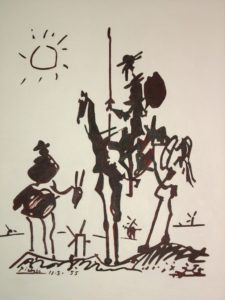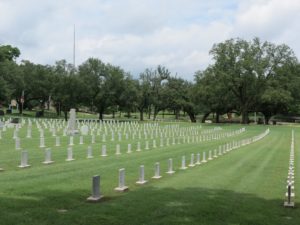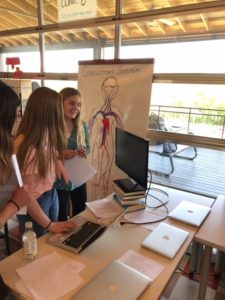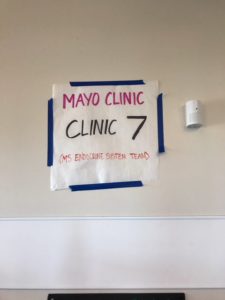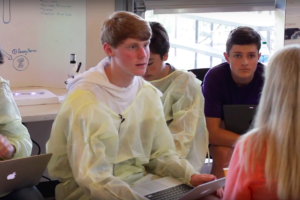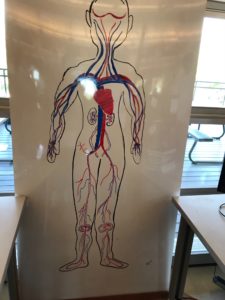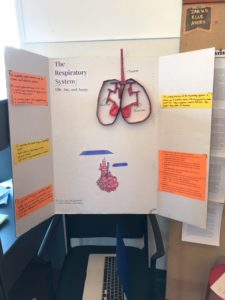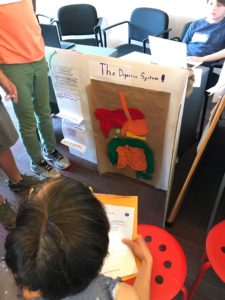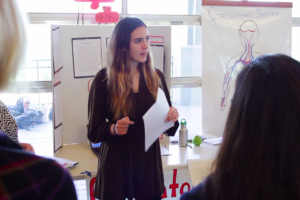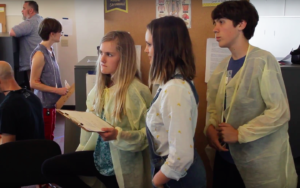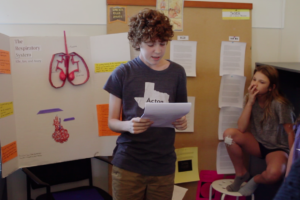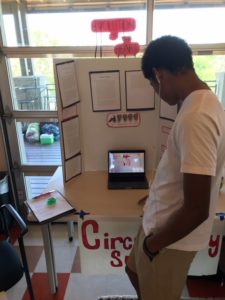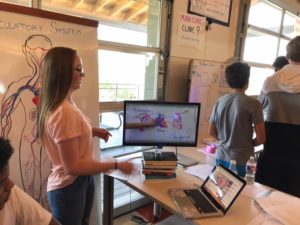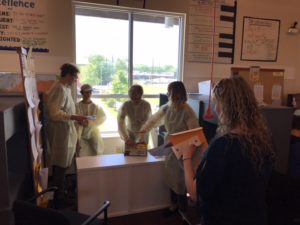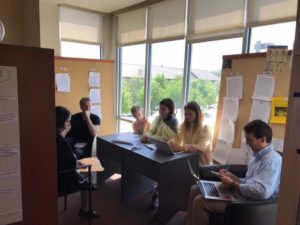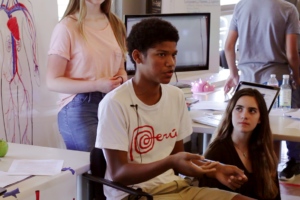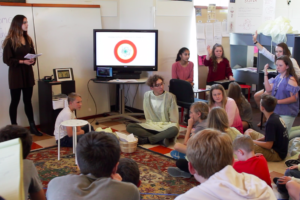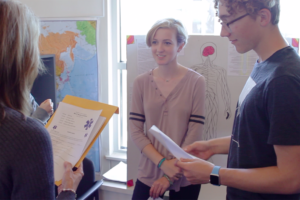George Mason professor Bryan Caplan’s just released The Case Against Education: Why the Education System is a Waste of Time and Money may sound polemical, but it’s a closely reasoned study, packed with economic analyses.
Kaplan makes a strong case America wastes hundreds of billions of dollars and countless lives by over-investing in an educational system that fails to live up to its promises, by almost any measure. In other words, what we are doing as Acton parents in experimenting with a new model matters — a lot — for our children and the world.
Some take-aways:
- The real world and humanistic value of traditional K12 and higher education is abysmal. Probably lower than you think. Close to useless for many students.
- Young people are smart. Most understand traditional education is boring and a waste of time.
- Learning to read, write and do simple math is important. But the real-world value for traditionally taught subjects like foreign languages and social studies is far lower, and in many cases next to nothing.
- However, employers will reward high school and college graduates for the signaling power of a degree. It’s easier for employers to use degrees as a proxy for intelligence and hard work than to risk being sued because you used an IQ test in hiring.
Yet, the rewards of degrees do not come without costs in terms of lost earnings and tuition. When the costs and benefits are carefully measured, Caplan concludes:
- “Go to high school, unless you are a terrible student.”
- “Go to college only if you are a strong student or a special case.” Special cases include a full scholarship; majoring in a subject like engineering or placing a high value on prospecting for the right spouse.
- “Don’t get a master’s degree unless the stars align.”
Our heroes are different. Our heroes will be armed with a strong work ethic; a hunger for a calling; a deep understanding of why civilizations rise and fall; real world skills and an armload of evidence from apprenticeship recommendations and portfolios that prove what they can deliver.
However, as parents we mustn’t neglect that for many heroes, the signaling power of a prestigious enough college credential, in the right major, obtained as cheaply as possible, still has value – or needs to be offset by proof of a marketable skill and deep industry knowledge.
My take on The Case Against Education comes from a quick read of a data packed work you could spend months unpacking. I would welcome the observations of anyone who wants to dive into it more deeply.



